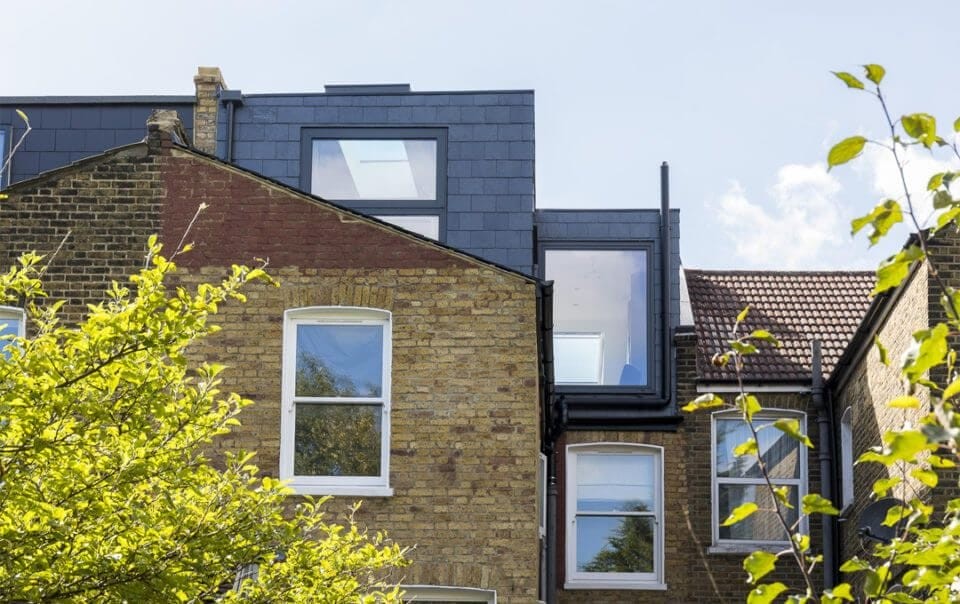With the challenges of climate change and a target for zero emissions that are being set out at a government level, one of the areas of industry that most needs to make a big change is construction. The traditional practices of constriction that have been used for the last century are heavily responsible for high carbon emissions, so what can be done to turn a carbon-hungry industry into a sustainable one? There are a few methods to look out for, with a smart fuel management system for individual sites and construction businesses one of the clever ways you can make a change at a micro level.
Why is the construction sector so important to a sustainable future?
The construction sector is responsible for 34% of global carbon emissions, and a similar percentage of global energy use. This is a large figure due to the types of materials used within construction, the fuel-heavy methods, machinery and equipment, and the amount of waste produced. Looking at how to change construction in those different ways is a massive undertaking, but it is eminently achievable, especially when you consider the potential changes at each individual component level.
What are the benefits of sustainable construction?
There are a range of benefits to sustainable construction, including:
- Long-term cost benefits – over a long period of time, properties built from sustainable construction materials experience enhanced value, but not only that there is a significant reduction in operational costs through energy and fuel efficiency, higher quality materials, and potential tax breaks and grants.
- Environmental benefits – at a local and global level, sustainable construction helps to preserve natural ecosystems and resources. With a significant reduction in carbon emissions and a lower carbon footprint for the built environment, the planet has a better chance of meeting environmental targets.
- Sustainable structures – not only can we look at sustainability in the form of the larger global targets, but also in the long-term maintenance and repair of the built environment. With structures built using robust methods and sustainable materials there is a less frequent need for renovations, repairs, and future waste of materials that all add to emissions.
Fuel management systems for sustainable construction
Implementing efficient fuel management systems on construction sites is the best way to optimise your fuel consumption at an individual asset level. That way, you can track your plant hire machinery and vehicles, seeing where you can tweak operational plans for future projects to enhance performance and optimise efficiency. This helps to cut down on emissions, especially during idle time, better preparing the workforce and site with the use of machinery and fuel at the correct times.
One of the most effective ways to make your construction company more sustainable is to look at fuel efficiency and the best ways to reduce your fuel costs. Working with a plant hire company that offers smart fuel tanks that allow you to implement effective fuel management systems, will help you to take tighter control over fuel consumption. In turn, this brings down the carbon footprint of each project, and the associated fuel costs. Over time, if this is extrapolated over multiple projects and years, it can have a significant impact on both cost and sustainability concerns.











